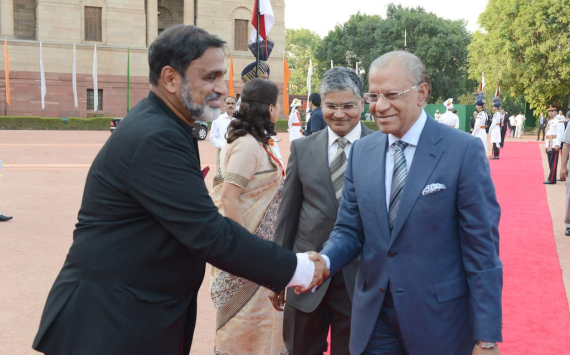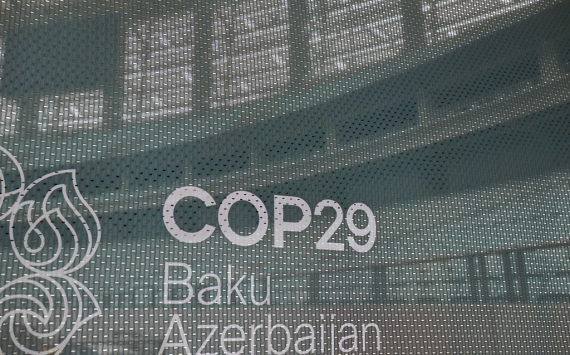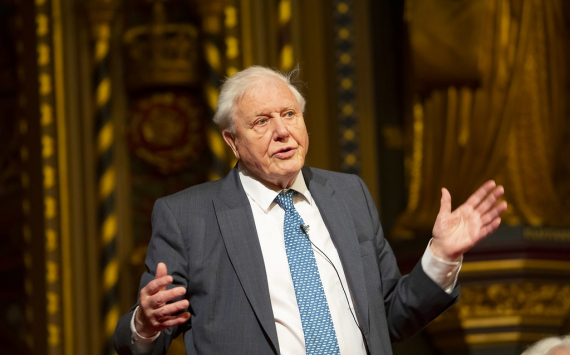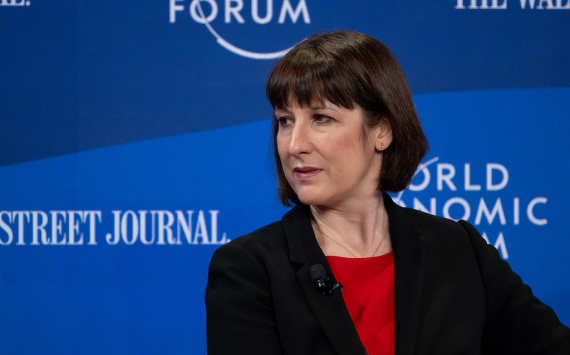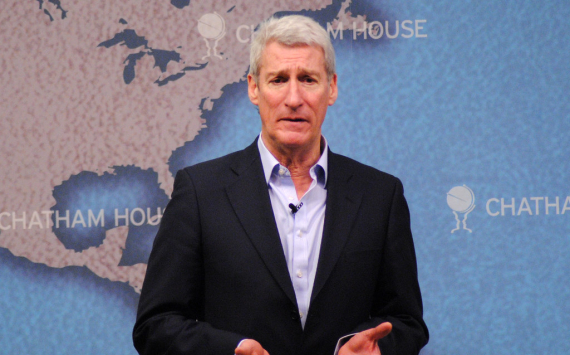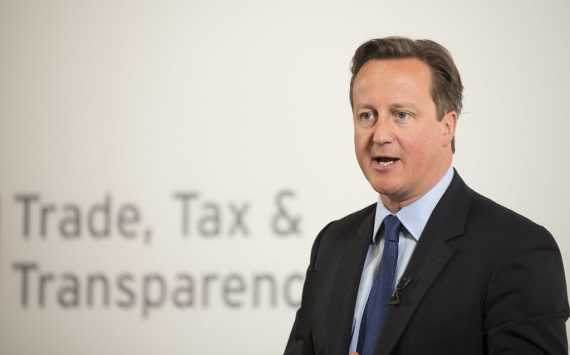
UK aid cuts
Former British Prime Minister David Cameron has reversed his position on foreign aid cuts, arguing that the need for investment in developing countries is greater than ever.
In the past, Cameron had condemned Rishi Sunak for breaking the Conservative Party's promise to maintain the 0.7% spending target on overseas aid. He had called it a "very sad moment" and "a promise that we do not have to break."
However, in a recent article in the Sunday Telegraph, Cameron accepted the need to make significant aid budget cuts to balance the books. He stated, "I said at the time that it was a mistake. But I am a realist. Money is tight. Yet the need for investment in developing countries is greater than ever."
Cameron called on Western banks to lend more money to developing countries to counter China's growing influence around the world. He pointed out that Beijing had become "the world's largest official creditor" and was using loans to boost support in developing countries with its 'Belt and Road' initiative to invest in infrastructure in other countries.
Cameron argued that the UK should be "in the vanguard" of attempts to expand multilateral development bank (MDB) loans so that they can lend $1 trillion to developing countries.
The UK government announced in November 2020 that aid budget would be cut by £4bn to 0.5% of national income, breaking the Tory manifesto pledge of 0.7% of GDP. While it was meant to be a temporary reduction, Chancellor Jeremy Hunt in his autumn statement ruled out a return to the higher spending target for several more years.
The Sunak government has also been criticized for redirecting overseas aid to programs within the UK. Last year, the government spent £3.5bn of aid money on supporting refugees and asylum seekers already in the UK, one-third of Britain's entire annual budget. Government figures show that three times as much of the aid budget was spent on housing refugees in Britain in 2022 than on helping alleviate poverty in Africa.
In conclusion, Cameron's reversal on foreign aid cuts reflects the economic constraints that the UK government is facing. Nevertheless, he emphasizes the importance of finding alternative solutions to maintain aid funding for developing countries.






